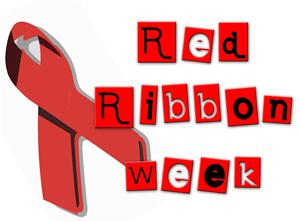ALCOHOL AND ITS EFFECTS

October 28, 2015
WHAT IT IS
Alcohol is sometimes and other times not considered a drug. It’s an addictive beverage that makes you feel uncoordinated and lose control.
- Alcohol cuts off the pathways to the brain after being consumed, which alters your mood and behavior for the time being.
- It affects your body and organs. Your heart is affected, it causes irregular heart beats, strokes, high blood pressures, and drooping of the heart muscles.
- Cancer may be the outcome of drinking, it could affect your mouth, esophagus, throat, liver and breasts if you ingest too much alcohol.
HOW IT’S PASSED THROUGH THE BODY
- When one drinks a beverage that contains alcohol, it is quickly passed throughout your bloodstream and and passes through your body.
- Alcohol affects your brain and other tissues, until it is completely metabolized.
- Your small intestine and your stomach will absorb most of the alcohol. A small amount leaves the body through breath and urine. When you drink more alcohol than your body can handle, you then become drunk.
SHORT TERM EFFECTS
- vomiting
- upset stomach
- coma
- blackouts
- headaches (hangovers)
LONG TERM EFFECTS
- sexual problems
- nerve damage
- liver disease
- alcohol poisoning
- unintentional injuries
Information gathered from:
www.niaaa.nih.gov, www.nihseniorhealth.gov, www.drugfreeworld.org


